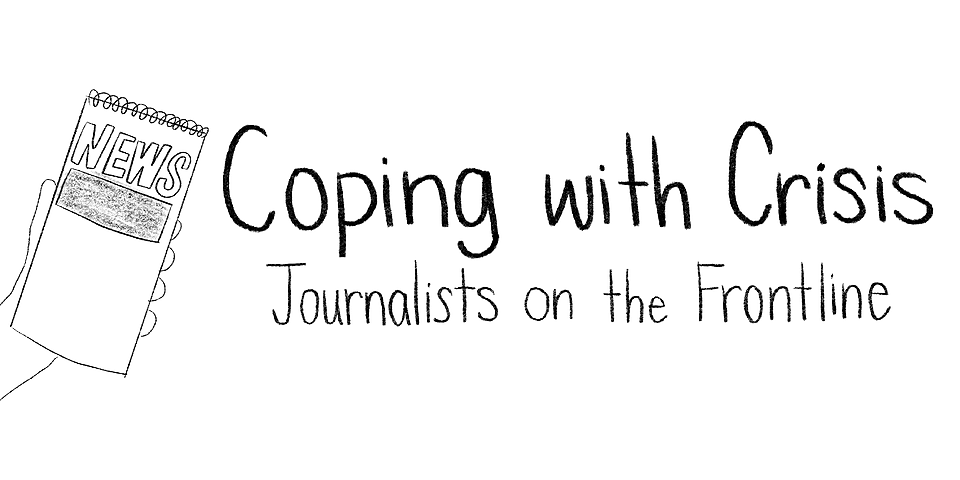
1. Introduction
What are the first things that come to mind when you think of student journalism? Maybe trying to find students for your "person on the street" interviews in the dining halls, editing your college newspaper or navigating university media relations.
But what we often overlook is the stressors student journalists face: anxieties about an ever-changing workforce, experiencing discrimination while reporting or having to cover violence on our own campuses.
How do we report on unthinkable tragedies while still learning the basics of journalism? How do we prepare ourselves for the pressures we may face? How can we take care of ourselves?
This is what a group of students at Stony Brook University set out to solve. Over the course of a year, we examined how issues such as polarization, extremism and social media abuse affect student journalists and professionals today.
We interviewed journalists on their experiences covering crime, gender-based violence and trauma, asking them for any advice they have for the next generation of reporters.
We explored how both covering and experiencing discrimination can affect journalists in their work.
In order to fully understand the effect this can have on journalists, we learned the science of how trauma works. With this background, we were able to compile a guide on trauma-informed reporting that protects sources from being re-traumatized by their experiences.
By safely and appropriately sharing these stories, we can do the important work we believe in as journalists in an ethical way.
It is also important that we take care of ourselves throughout this process. Journalists should prioritize self care to avoid suffering from burnout or post-traumatic stress. This looks different for everyone -- there is no one-size-fits-all to self-care.
One of the most important things we found in our research is to not do this work alone. Building a community within the newsroom or in your personal life is essential to our mental and emotional health.
We hope this guide gives you insight into the state of mental health of student journalists today and some of the challenges we may face, on our own campuses or when we enter the workforce. We hope these tools can help guide you through challenging, emotional assignments and that you can gain resilience and some self-care tips along the way.

Our project is part of the Solutions Journalism Network's 2023-24 Student Media Challenge. It was inspired by the memory of Marie Colvin, the legendary war correspondent who battled post-traumatic stress. She was killed in Syria in 2012. The Marie Colvin Center for International Reporting upholds her legacy at the School of Communication and Journalism, Stony Brook University, New York.